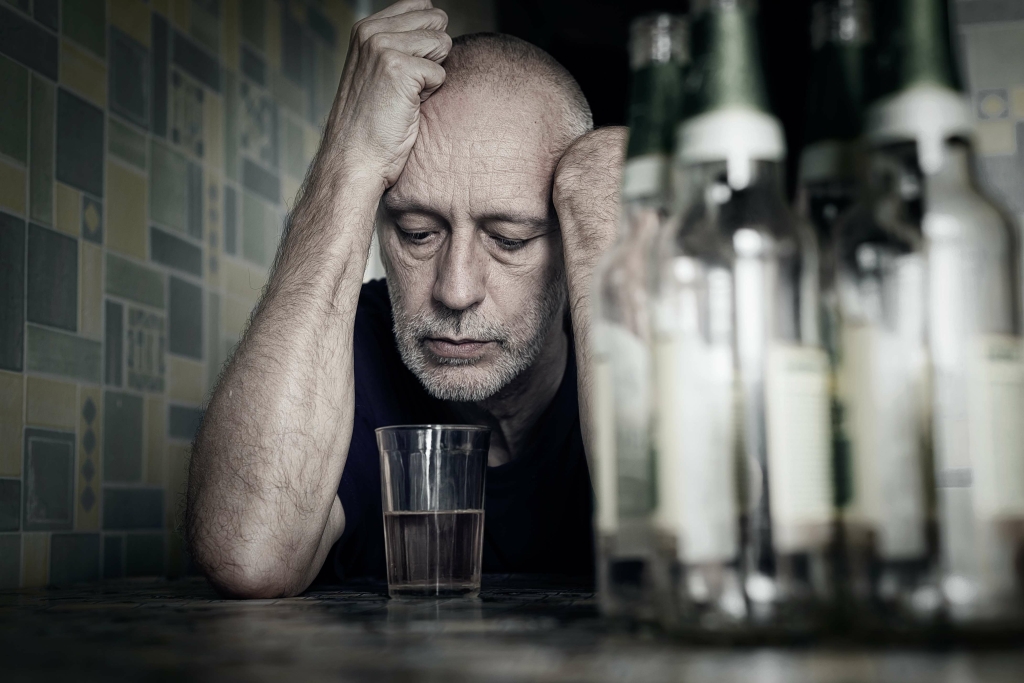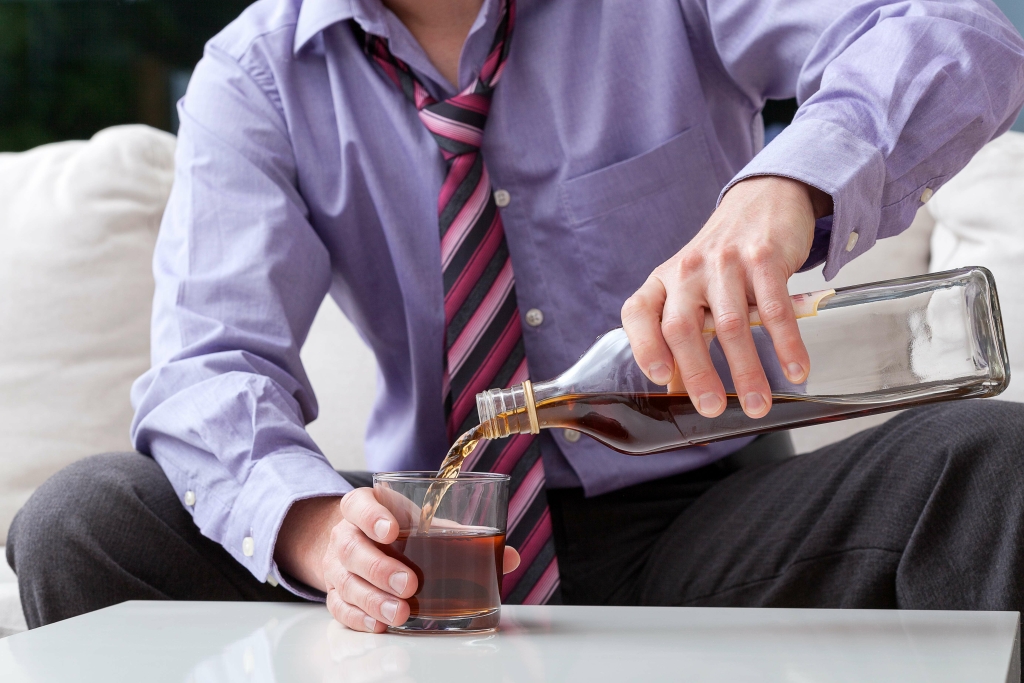Hip Hop’s Glorification Of Drugs SOBER SUPPORT
Understanding the overview of drug addiction among rappers and the contributing factors is essential in addressing this issue. By acknowledging the challenges faced by rappers and the unique dynamics within the industry, steps can be taken to provide support, education, and resources to those struggling with drug addiction. Numerous rappers have openly shared their personal stories of overcoming drug addiction, shedding light on the harsh realities they faced and the strength it took to turn their lives around. These stories not only demonstrate the resilience of these artists but also serve as a reminder that recovery is possible for anyone. As you’ll see, the reasons these rappers have for staying sober are varied. Some come from a background of substance abuse and have seen the damage it can do.
- In his song “U Said,” he talks about dealing with the emotional pain of a broken relationship by popping pills and getting high.
- They may not have participated in drug use or heavy drinking prior to experiencing fame, but they were surrounded by these behaviors growing up.
- Police were waiting to intercept the plane at Chicago, and upon finding this out, the emo rapper allegedly swallowed several of the pills.
- In 2016, Simmons reportedly suffered an overdose in a hotel parking lot in Yonkers, NY.
The Story of Eminem
Additionally, hearing success stories of rappers who have successfully battled addiction can provide inspiration and hope. Understanding these factors is crucial in addressing drug addiction within the rap industry. While many musicians struggle with drugs and alcohol, others choose to remain sober or get clean after experiences with addiction.
Rapper Recovery Journeys

Word has it that Ice Cold hasn’t touched a mind-altering substance for nearly two decades. Andre decided to make the change after partying too hard in his younger days. “I actually looked in the mirror and saw myself deteriorating,” Andre 3000 told “VIBE” in 2012. “I was like, ‘Man, we’re doing too much—way too much.” He is also a vegetarian. He may rap about blood and gore, but Tyler, the Creator says “no to drugs, I never spark it.” The Odd Future leader has a strict stance against drug use, despite being surrounded by it. Judging by his boundless energy and creative mind, he’s doing just fine without it.
What Is Acute Inpatient Rehab?
Determined to turn his life around, Eminem sought help and entered rehab in 2008. Through intense therapy and support, he was able to regain control drug addiction treatment over his life and achieve sobriety. Eminem’s journey to sobriety is a testament to his resilience and serves as an inspiration for others facing similar challenges.

- Elsewhere, frequent collaborators like NLE Choppa, Tay Keith and BIG30 mourned the loss of the musician.
- Rappers often find themselves in the spotlight, where their lifestyles and behaviors can influence fans and shape popular culture.
- It became a sign of power, and this fantasy of being the biggest drug dealer in town was a commonality amongst rap lyrics.
- Let’s jump in and find out about the sober rappers who are shunning drugs and liquor today.
The influence of these rappers with drug addiction extends beyond their personal lives. Fans and fellow rappers that did drugs artists look up to them, and their behavior can have a significant impact on their audience. Addressing drug addiction in the rap industry requires a collective effort from all involved. It’s crucial to promote awareness, understanding, and proactive measures towards prevention and recovery.
- In addition to these health risks, individuals addicted to drugs often face legal consequences.
- On “Otherside,” Macklemore raps about Lil Wayne being a major influence of his personal codeine addiction.
- Even Juice’s contemporaries are standing up and saying enough is enough.
- By highlighting the dark reality of drug addiction and promoting drug-free lifestyles, the rap community can play a significant role in combating this issue.
- He has been vocal about his experiences, using his platform to raise awareness and advocate for those dealing with addiction.
Gucci Mane expressed his grief on Instagram, posting a series of images of Big Scarr performing. Elsewhere, frequent collaborators like NLE Choppa, Tay Keith and BIG30 mourned the loss of the musician. That did not, however, stop Pharrell from famously launched a women-focused liquer, Qream, in https://app.chaletblb.com/alcohol-allergies-symptoms-signs-and-treatment-for-2/ 2011. Pharrell intended the drink “to celebrate the beautiful, independent, and sophisticated women of today.” He later entered a legal battle against Diageo, who, he claimed, promoted it as a “club drink,” which was not his intention.
Drugs never have been and never will be the answer to depression or anxiety. At some point, up-and-coming rappers will try the drug out to be just like their favorite rapper. Higgins and I both went to Homewood-Flossmoor High School, and he set an example to people there that if you put in the work, you can make it to the top. Homewood-Flossmoor students watched him grow from some of his early songs like “Moonlight” to collabing with some of the biggest names in music like Ellie Goulding and Travis Scott over the span of a few years. Jarad Anthony Higgins, better known as Juice Wrld or Juice, took the rap world by storm during his successful and short-lived music career.
